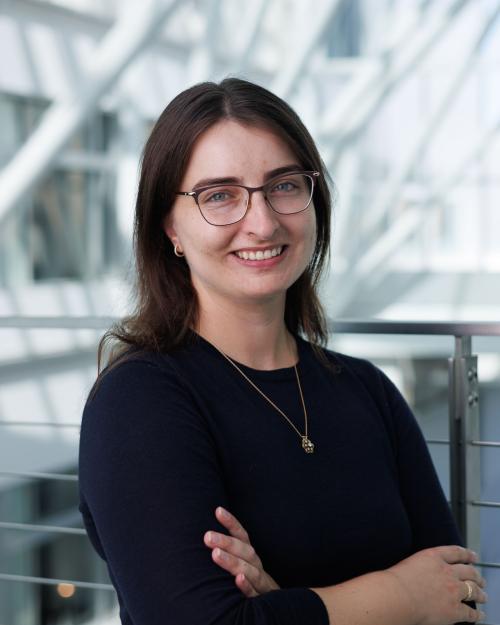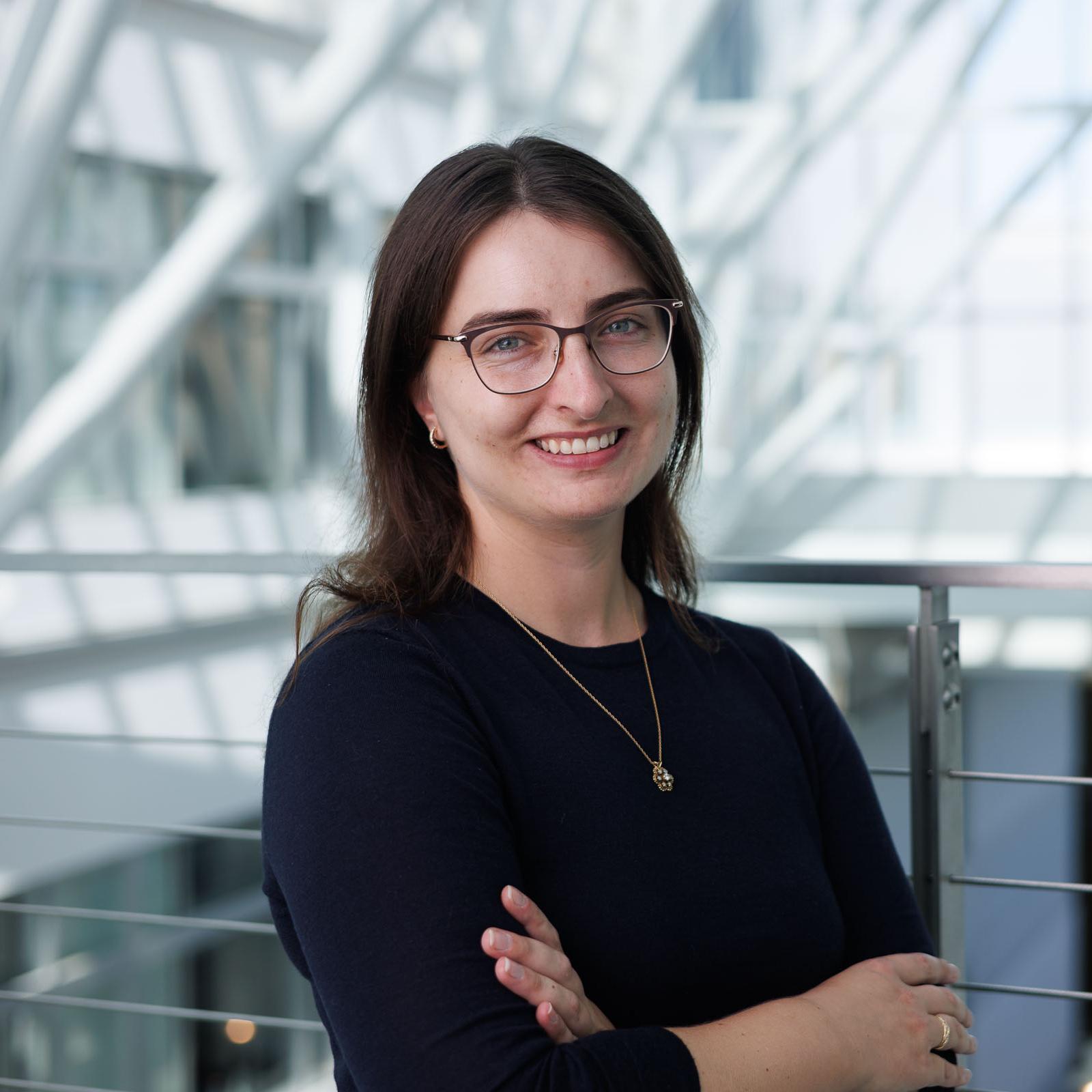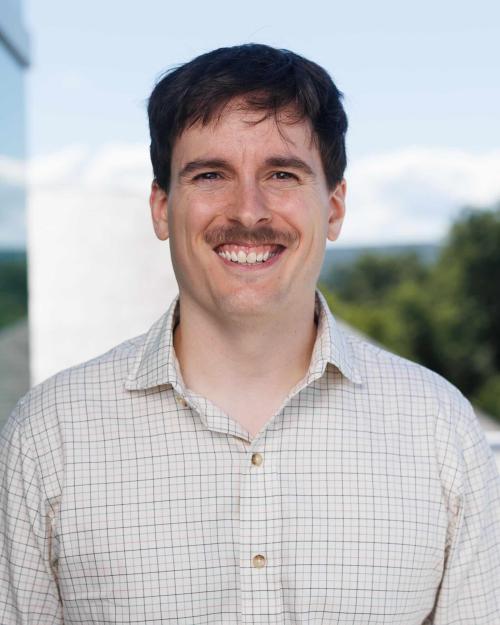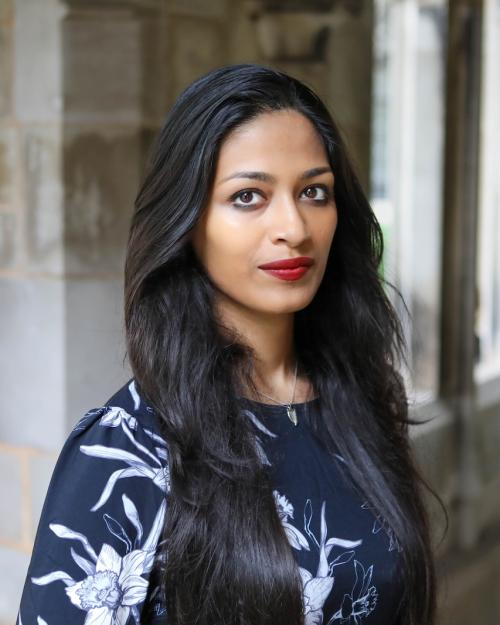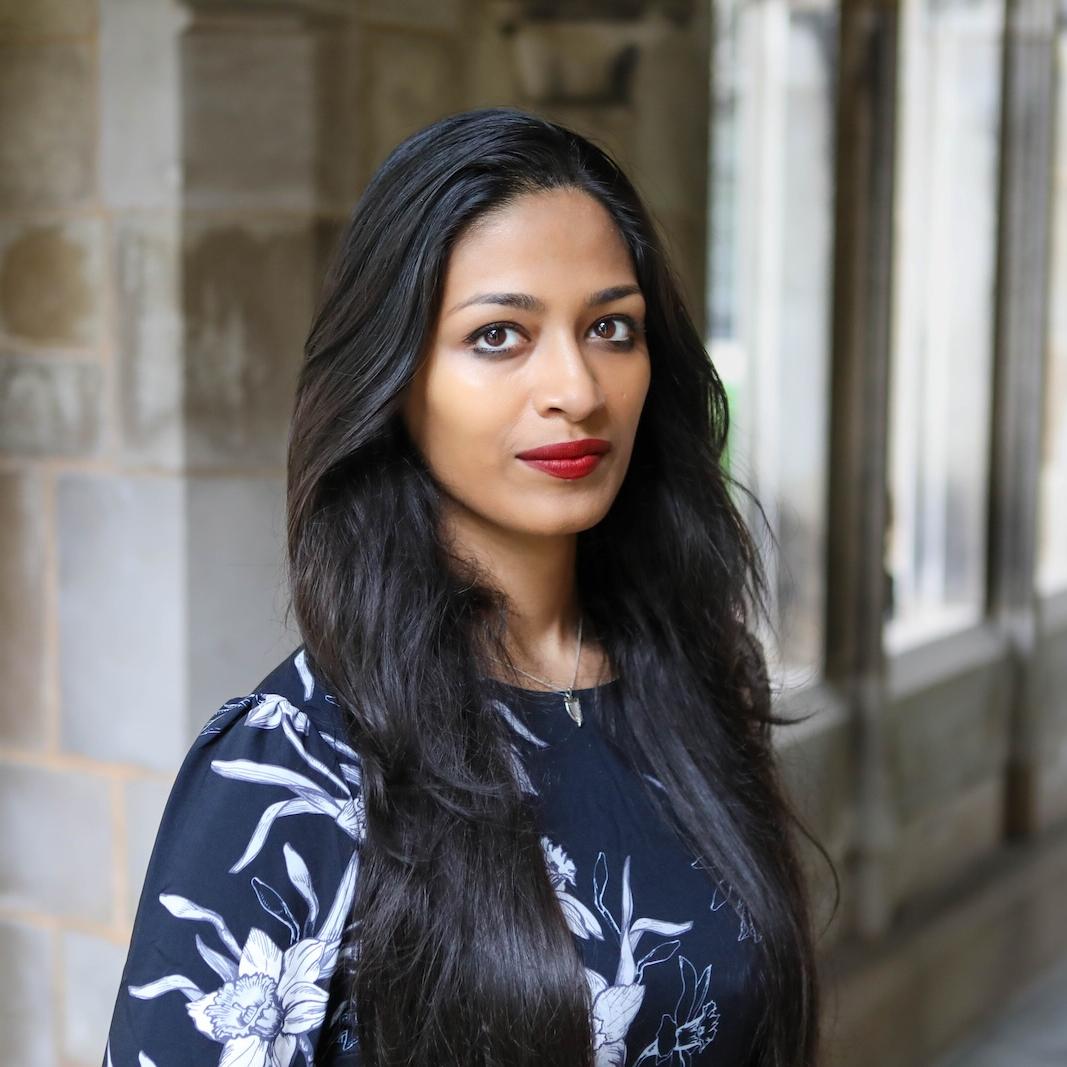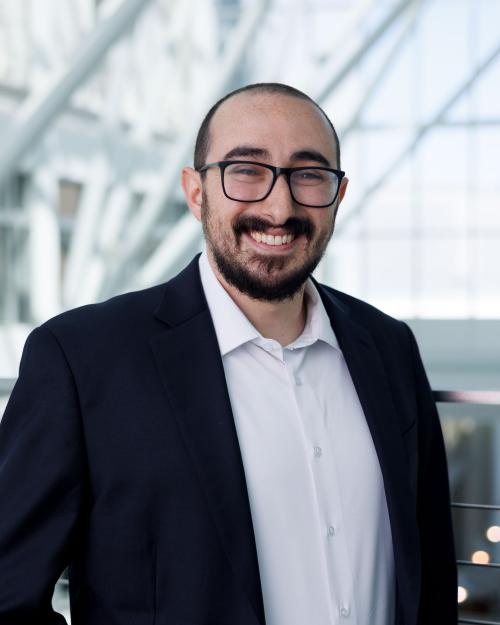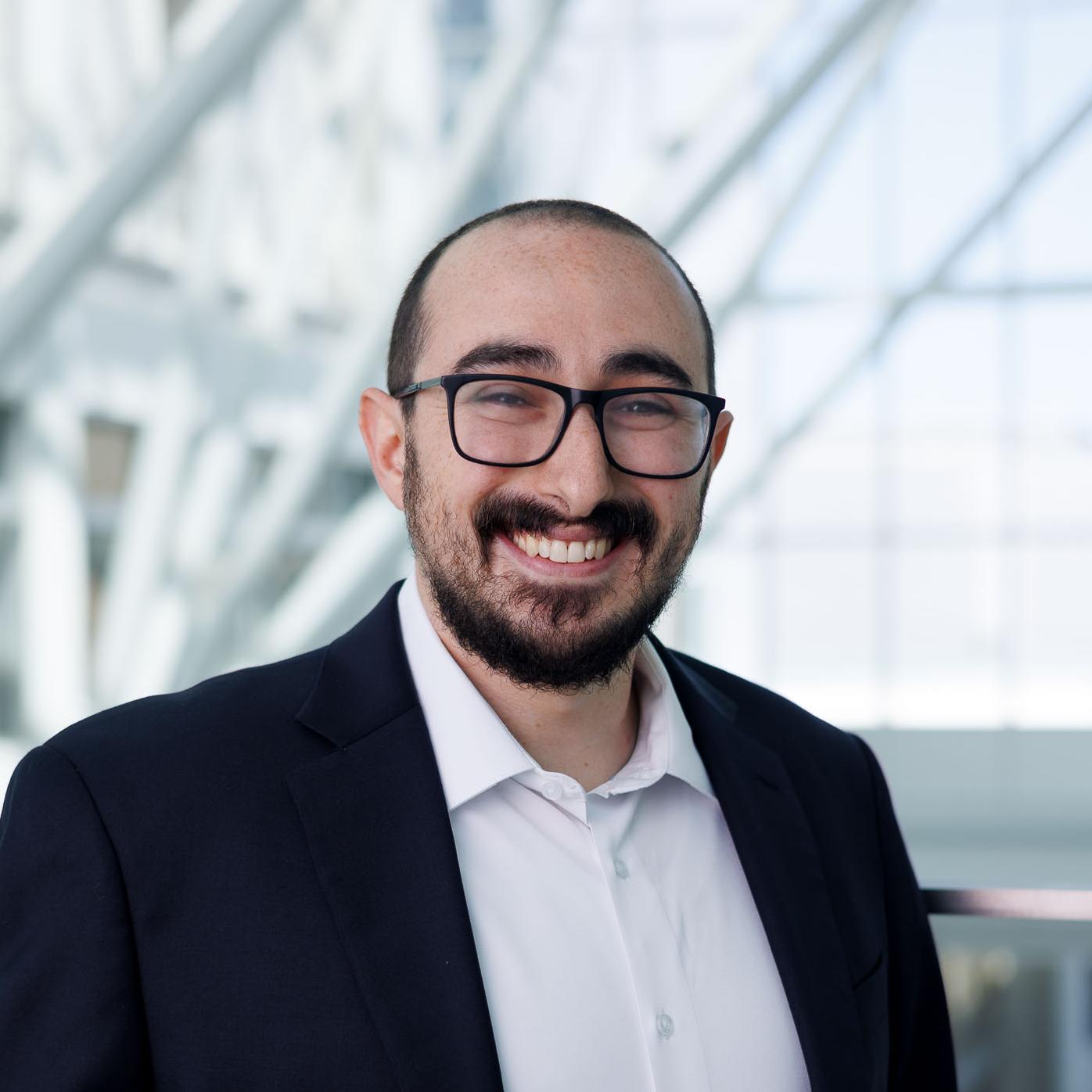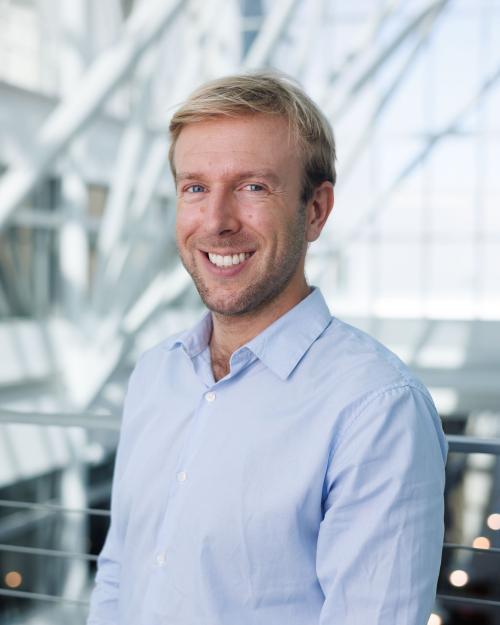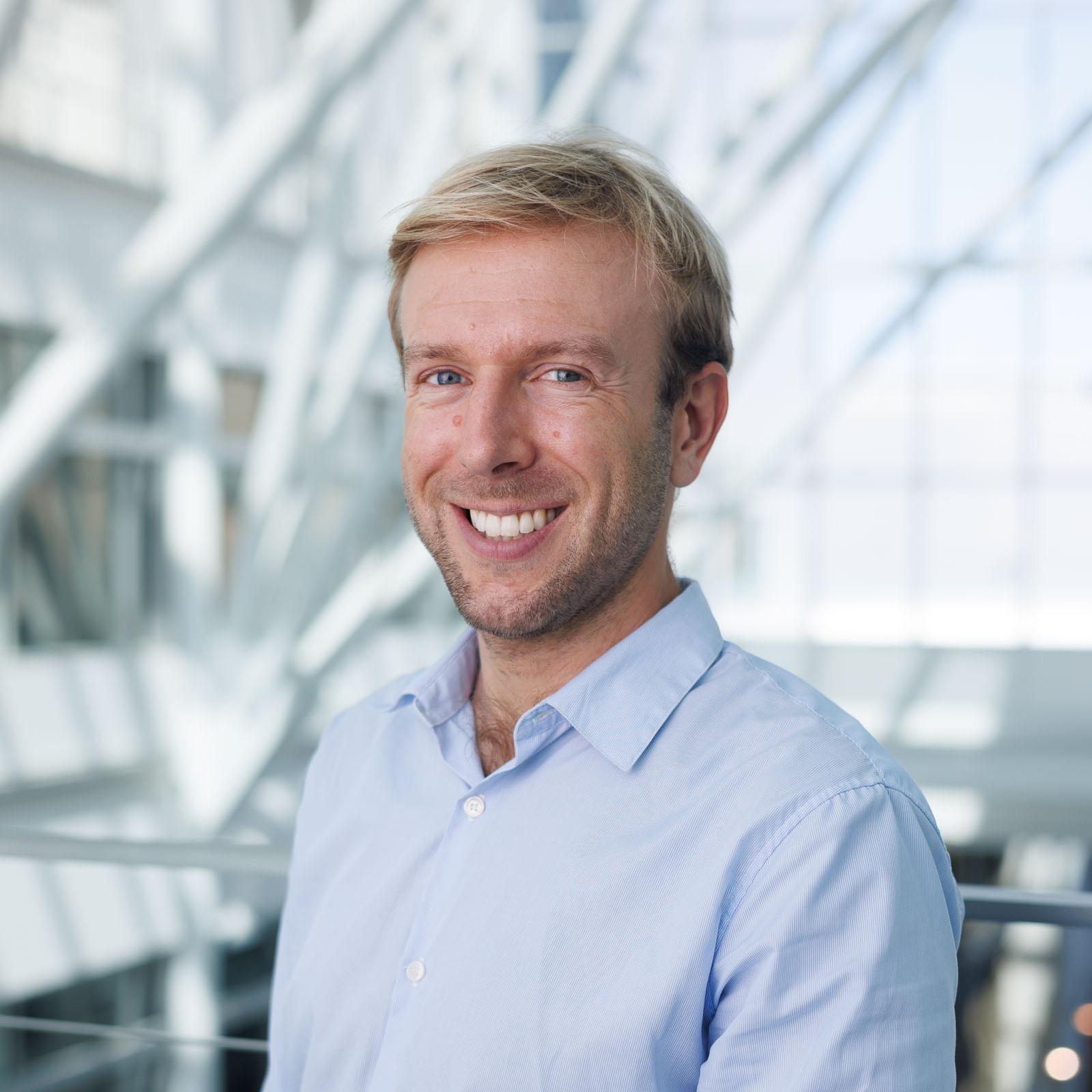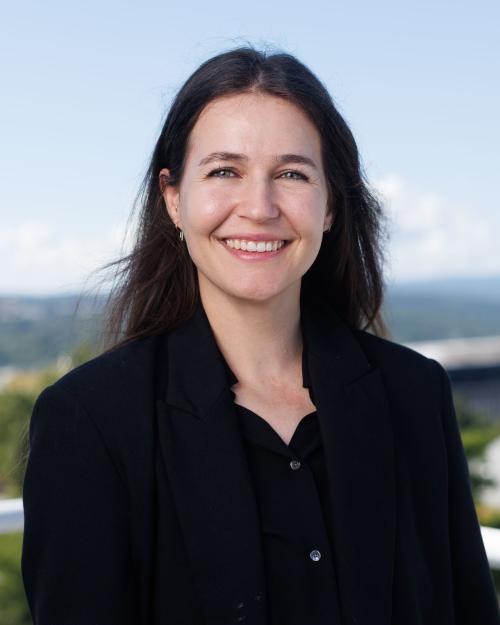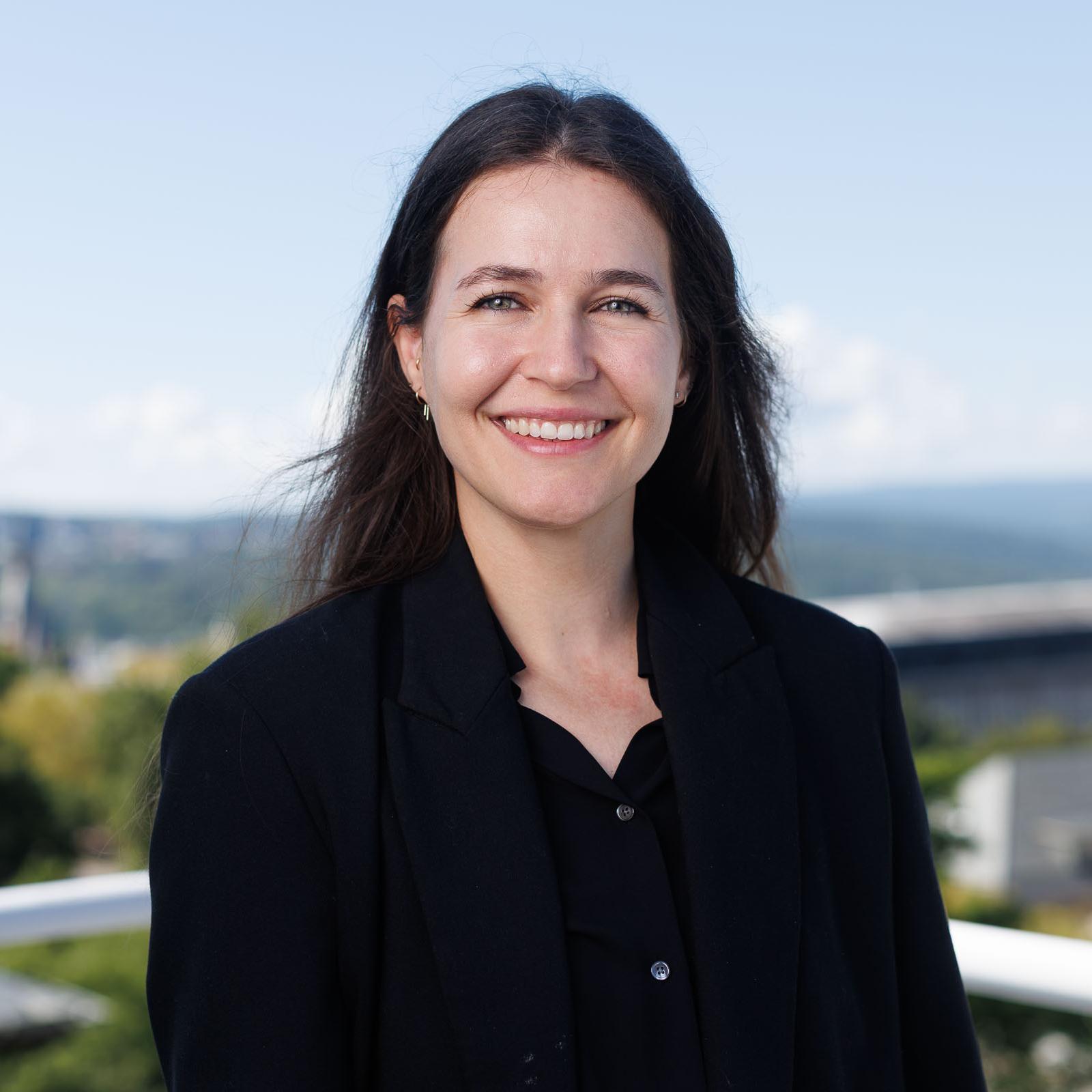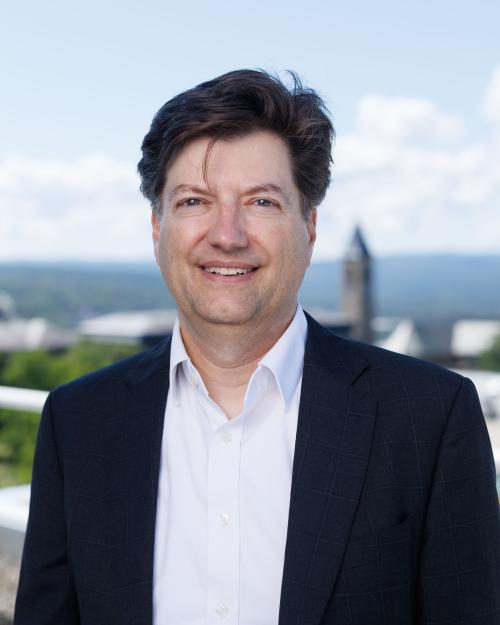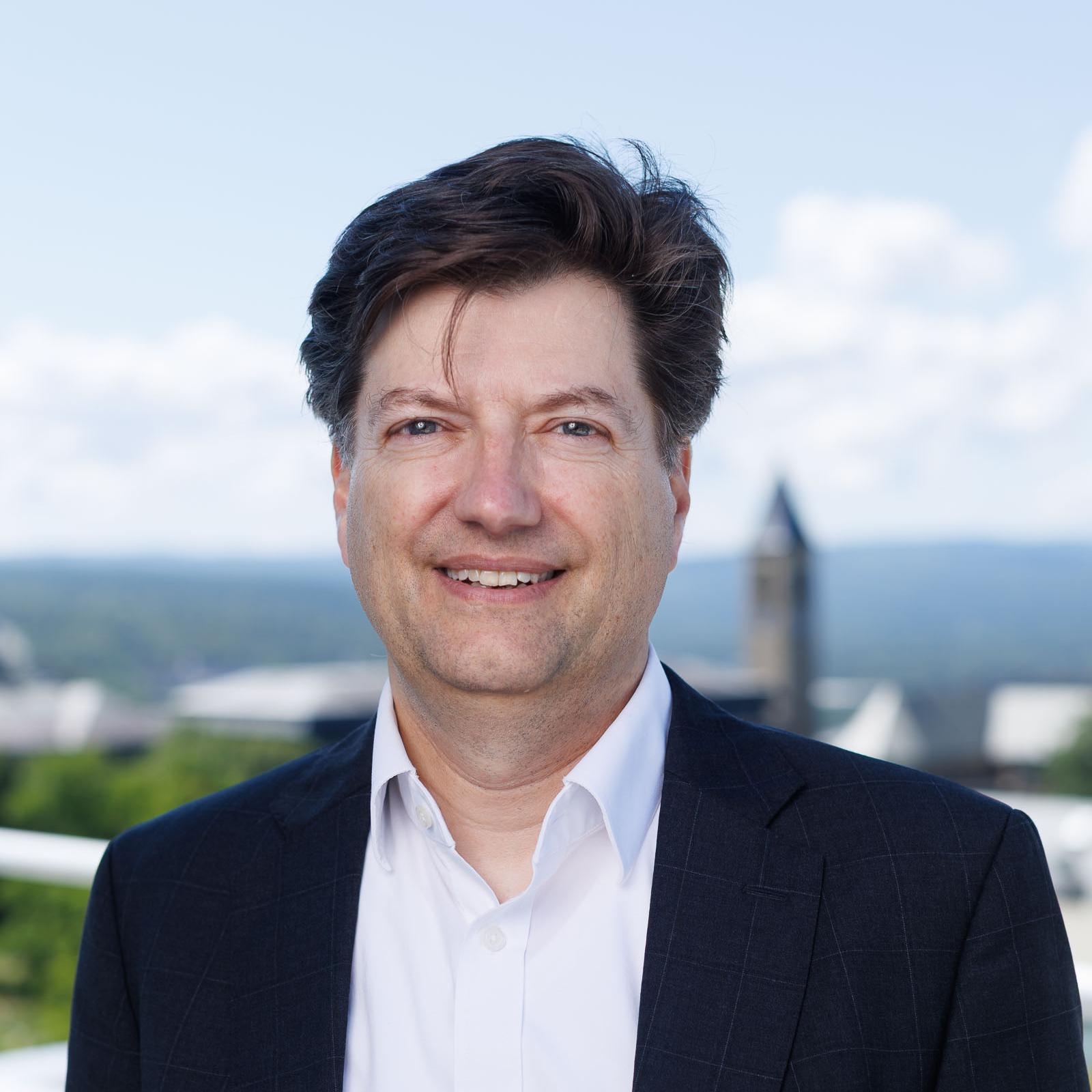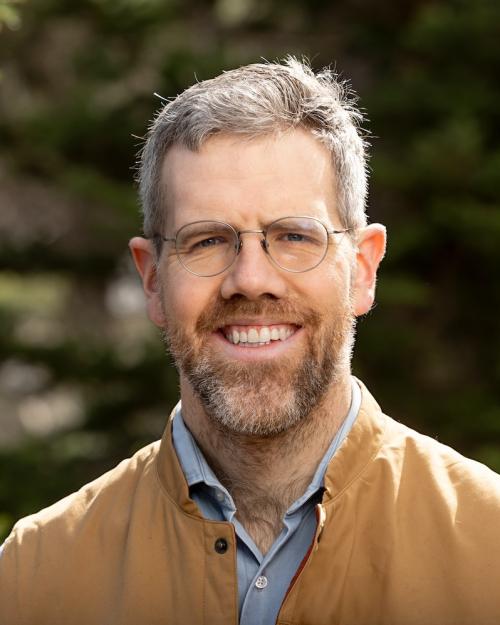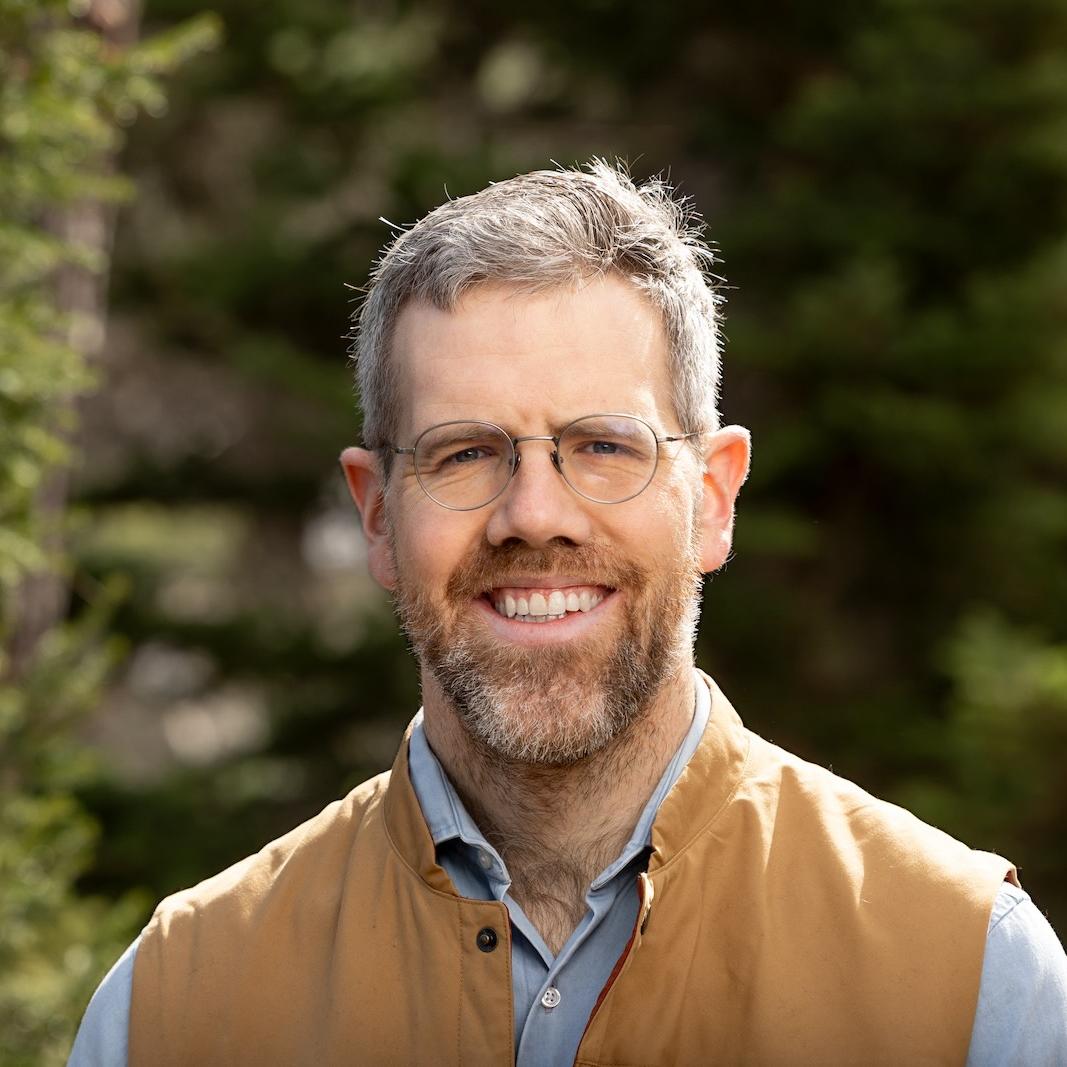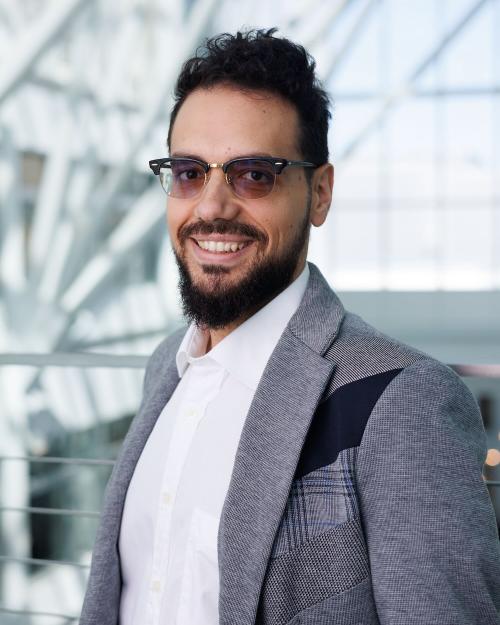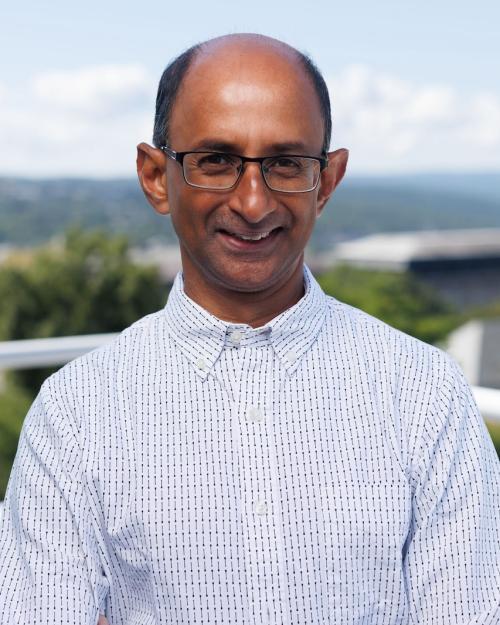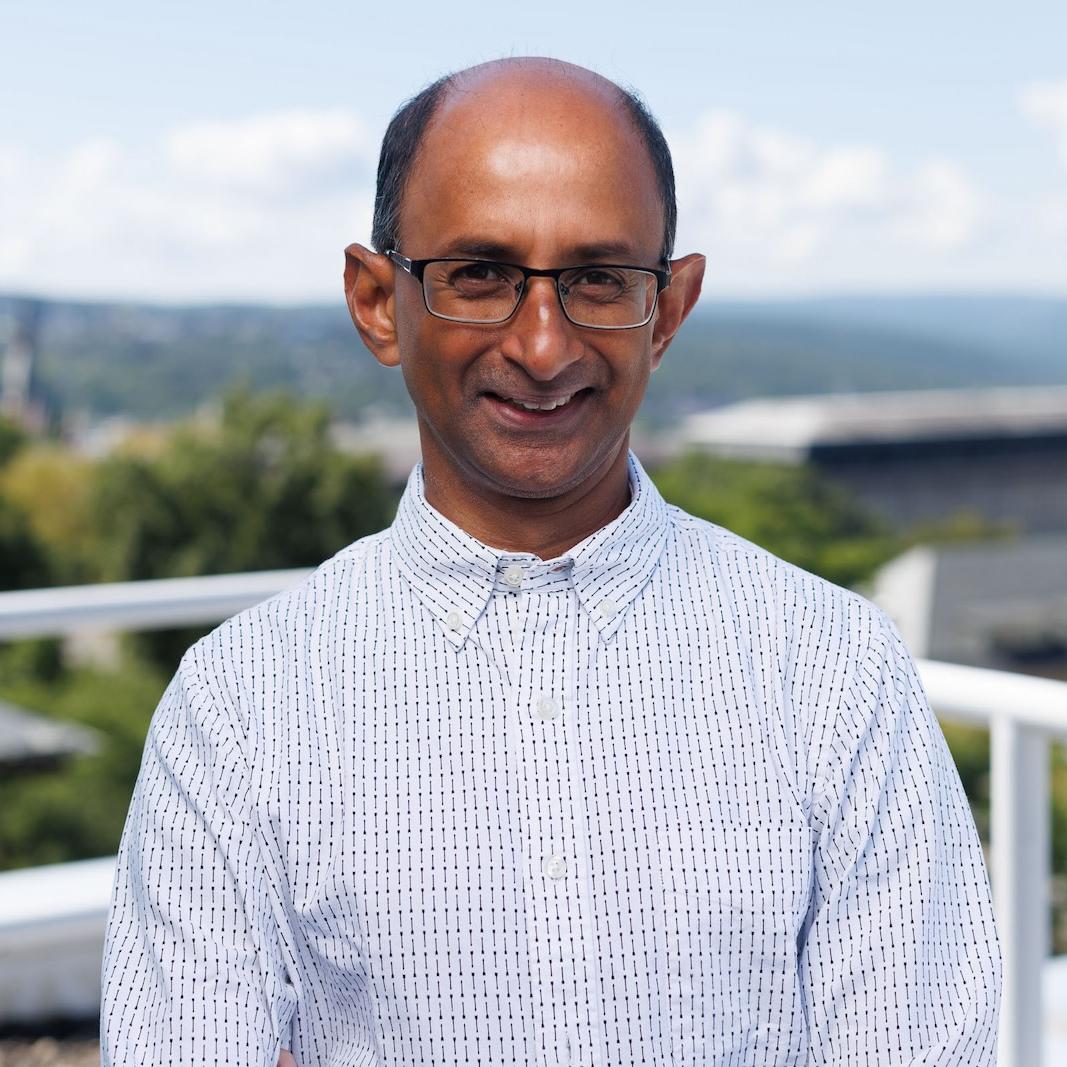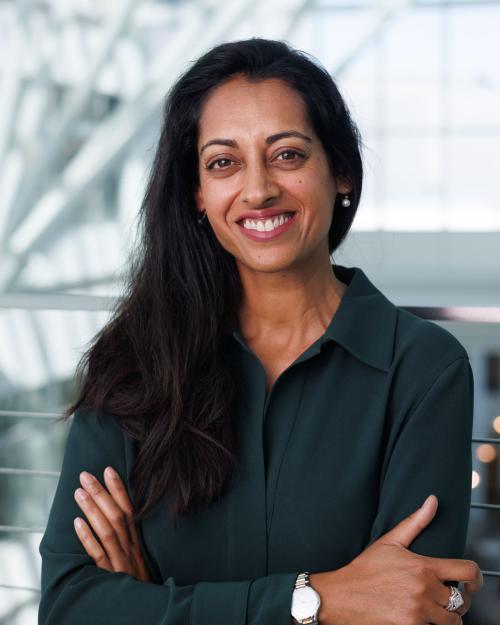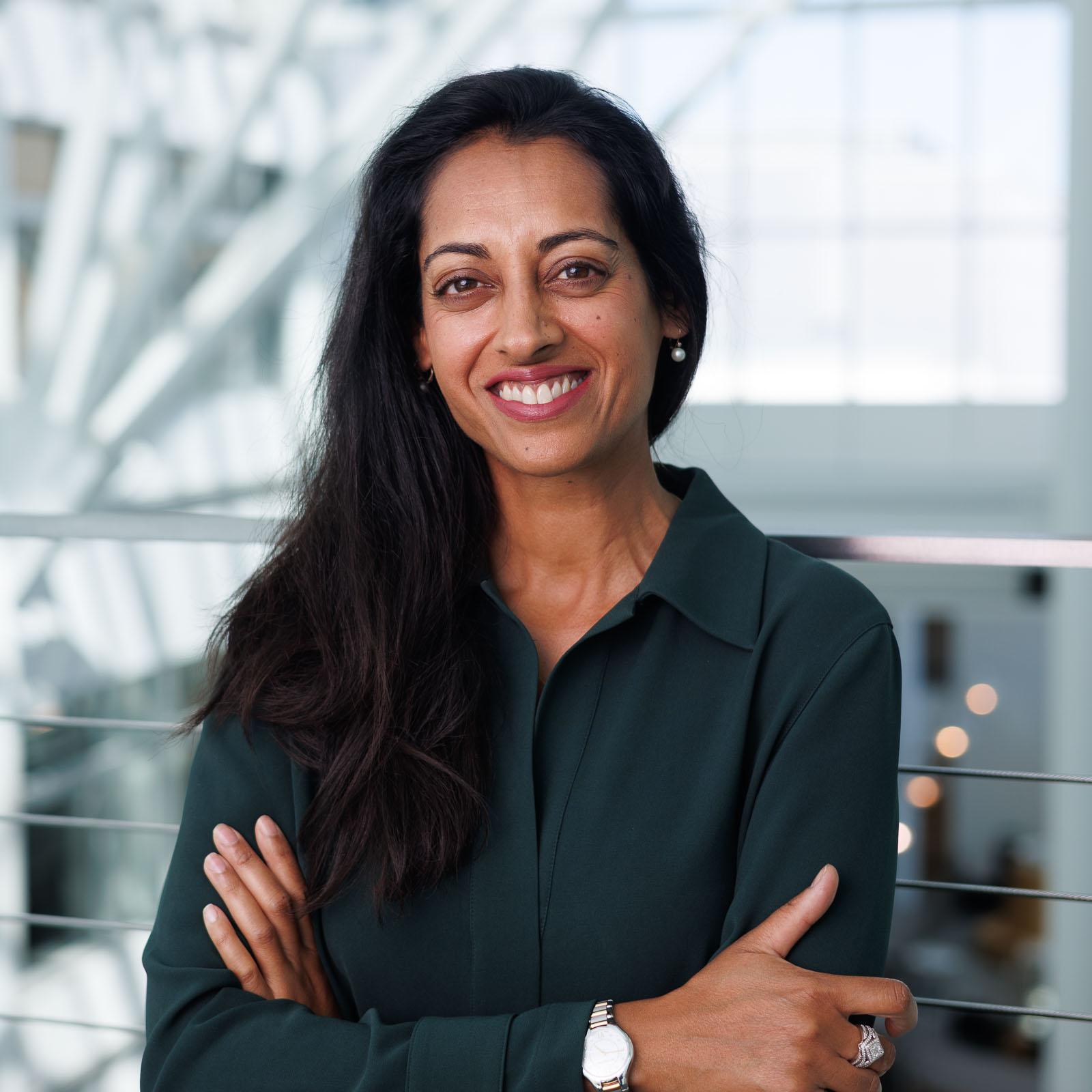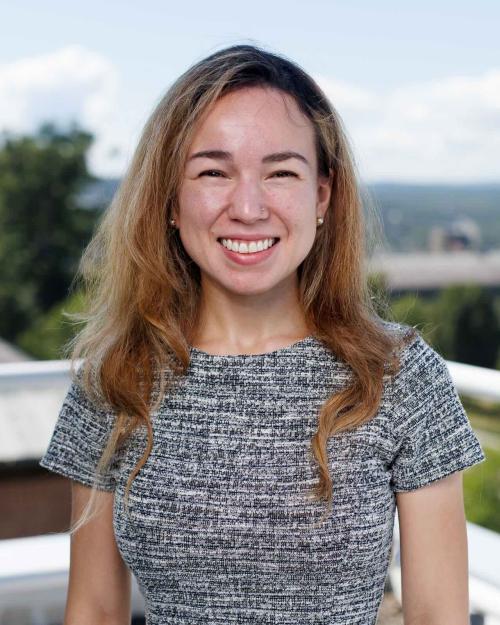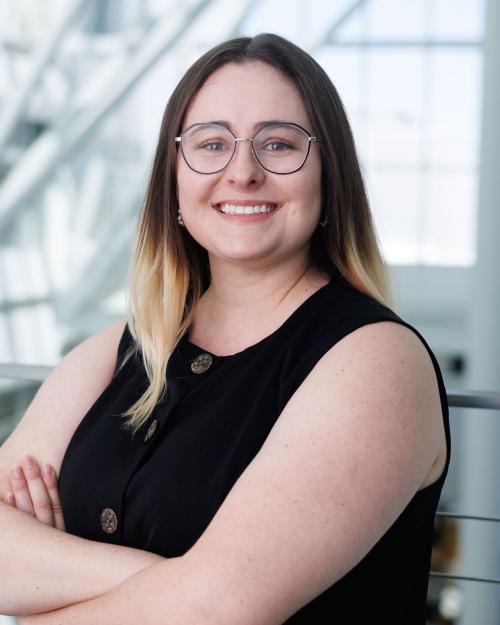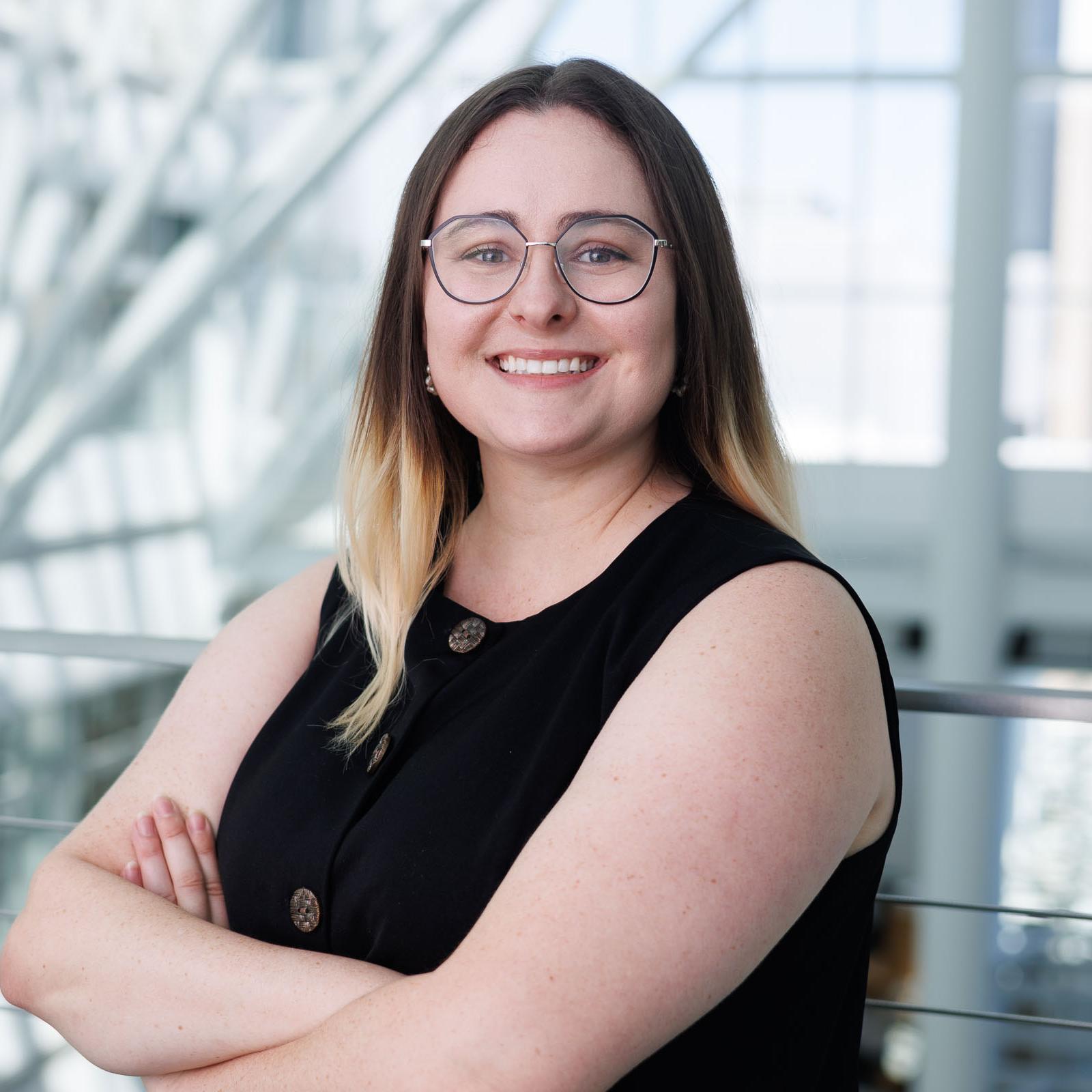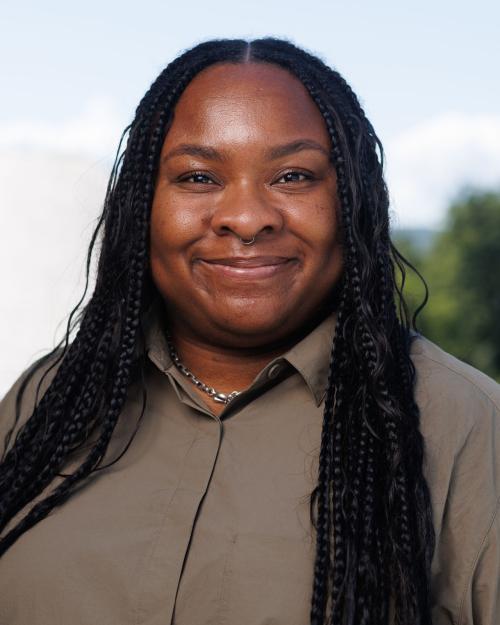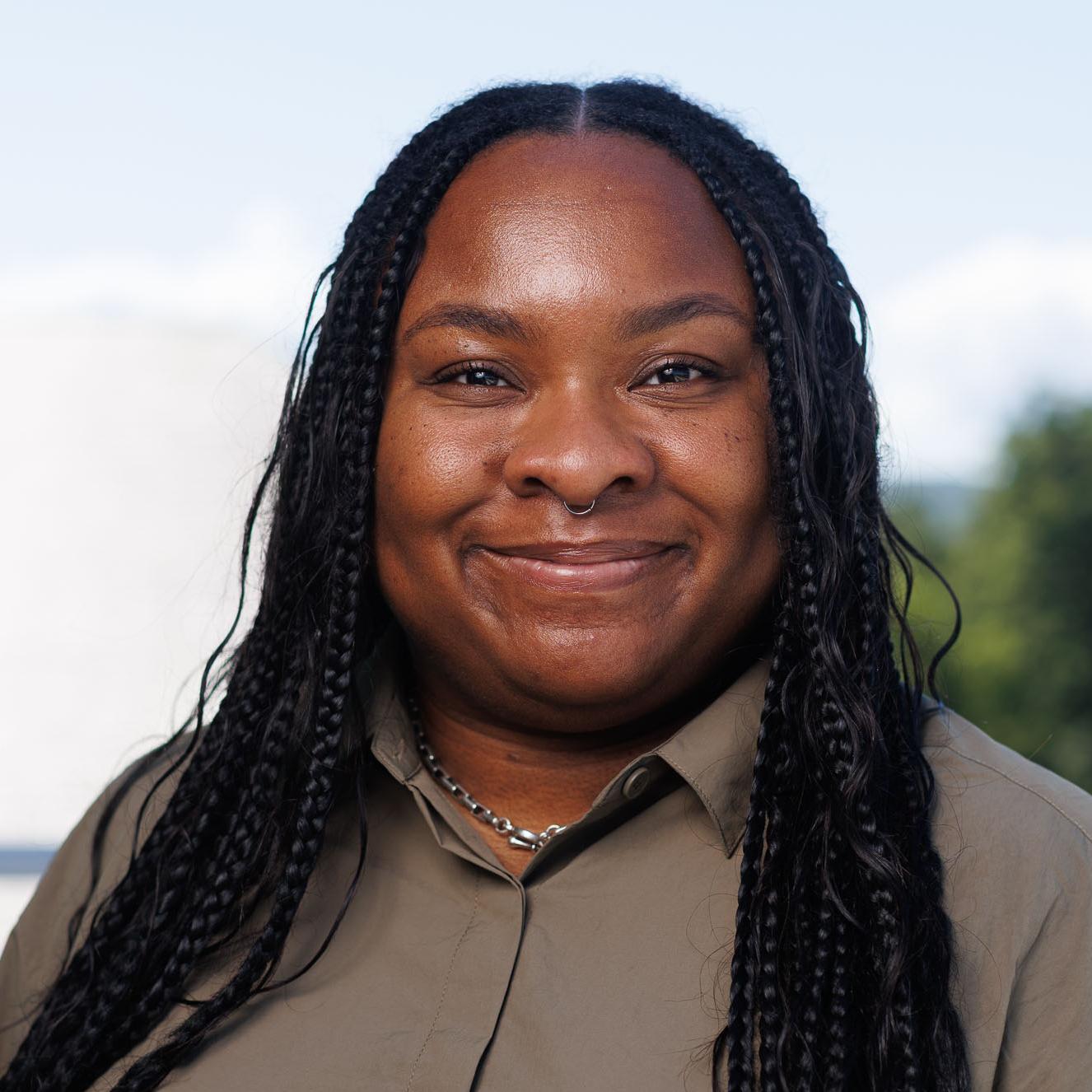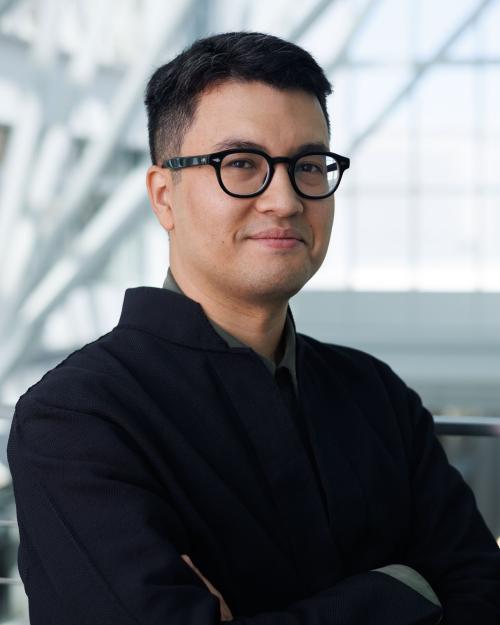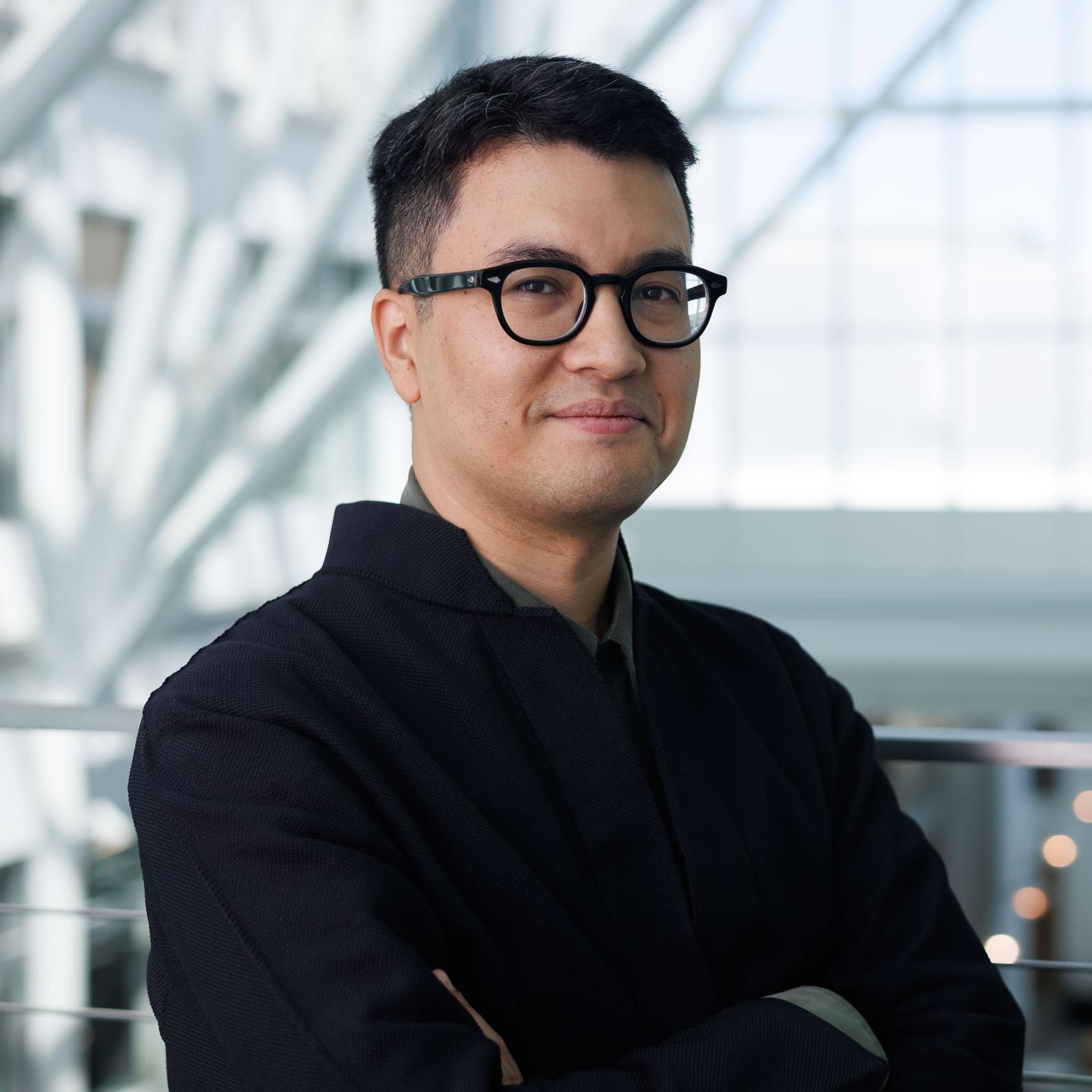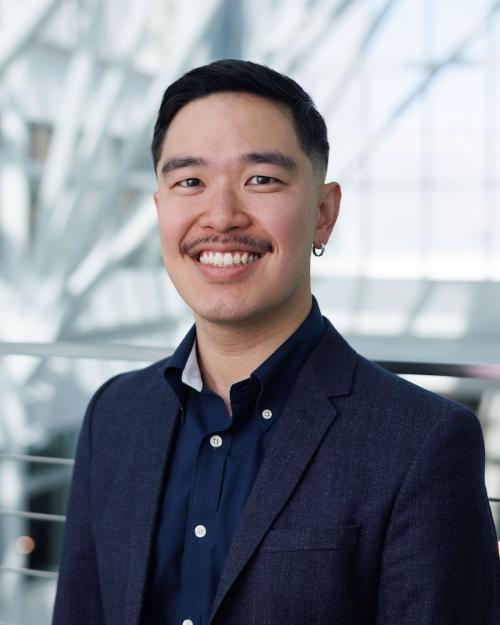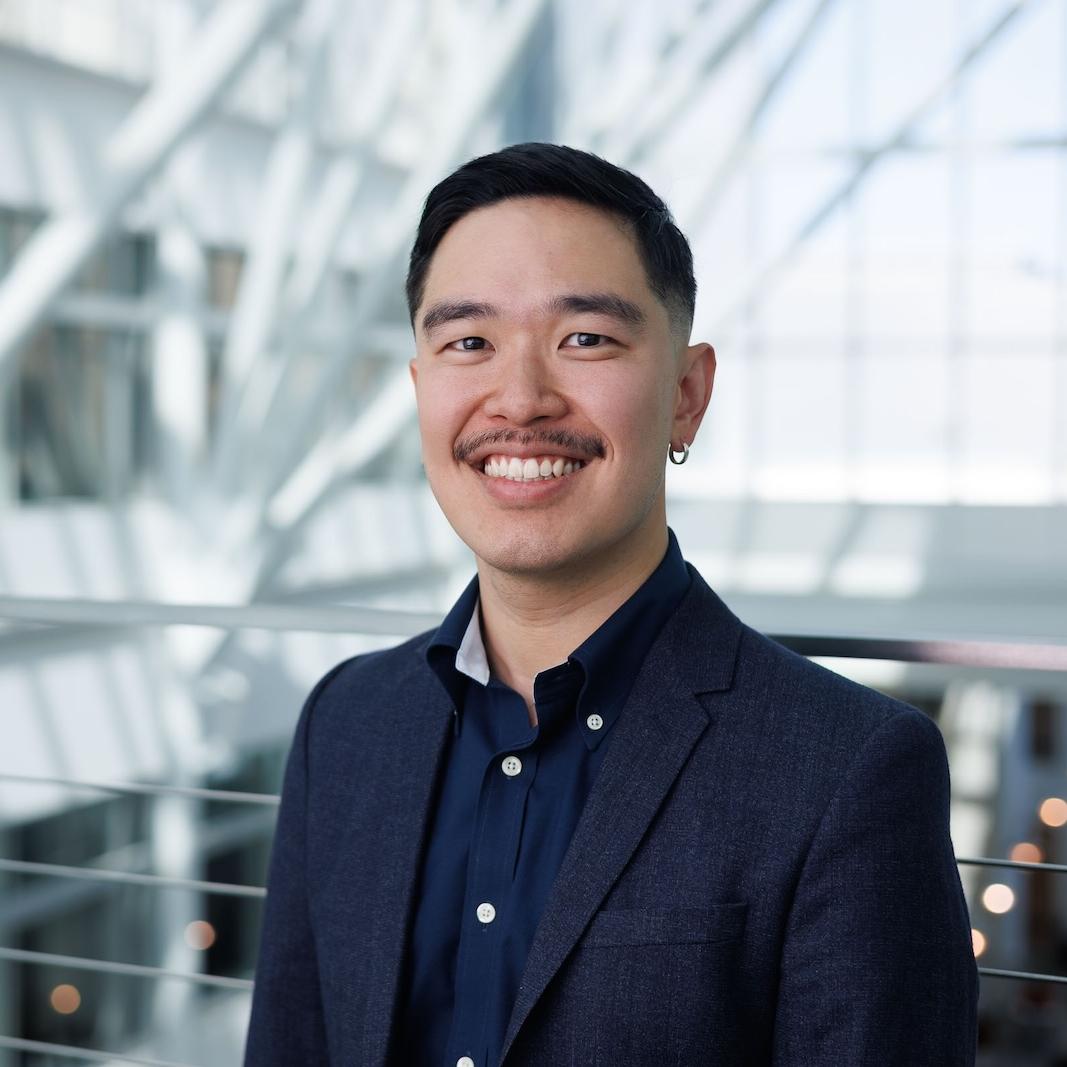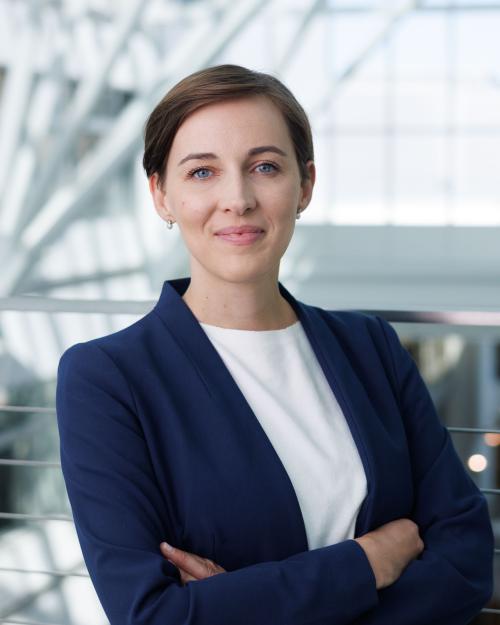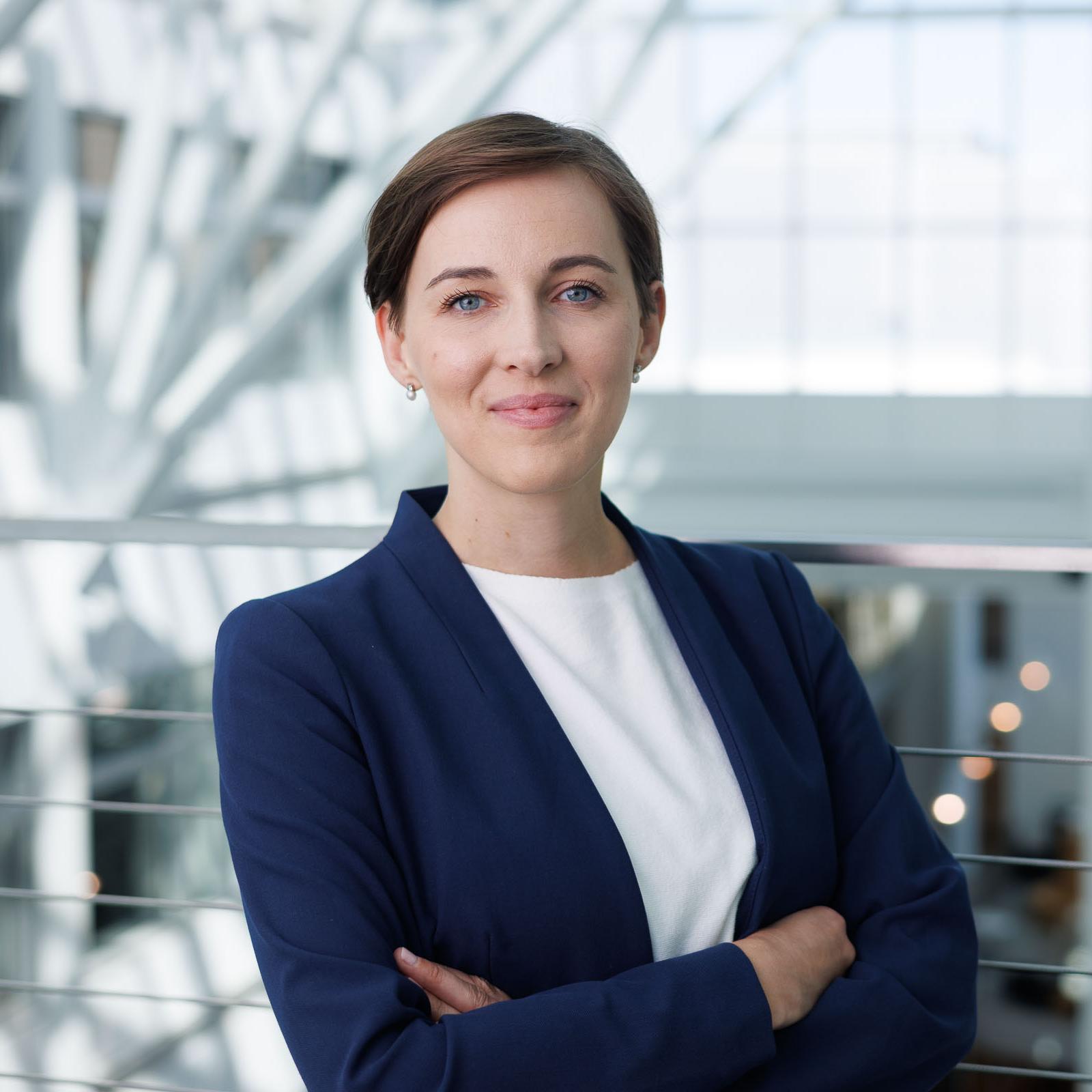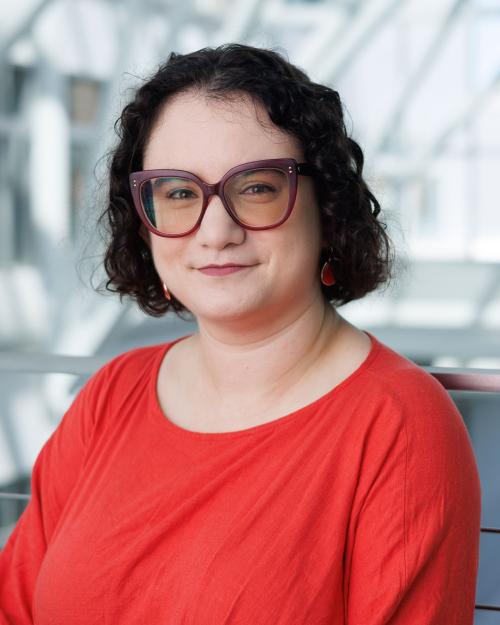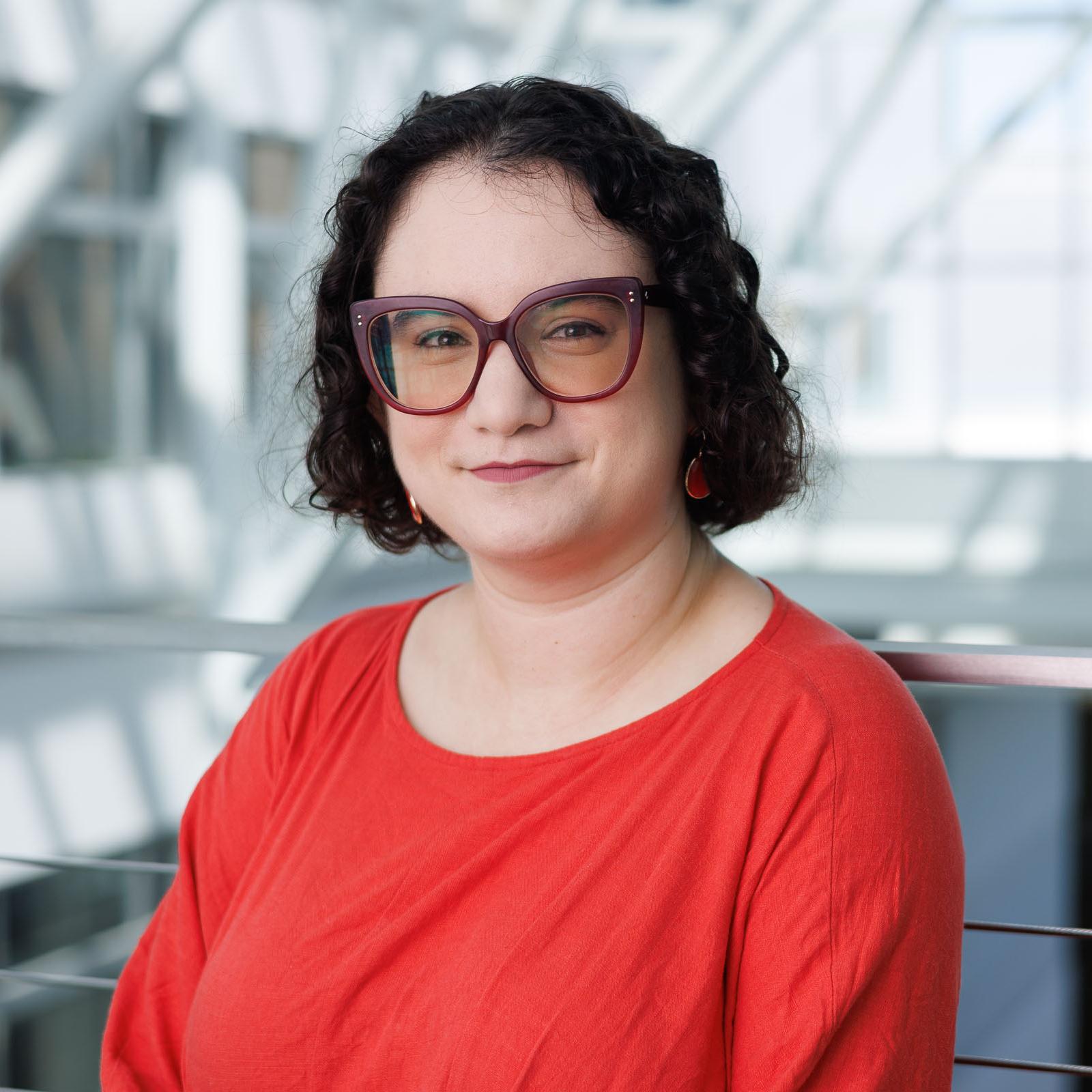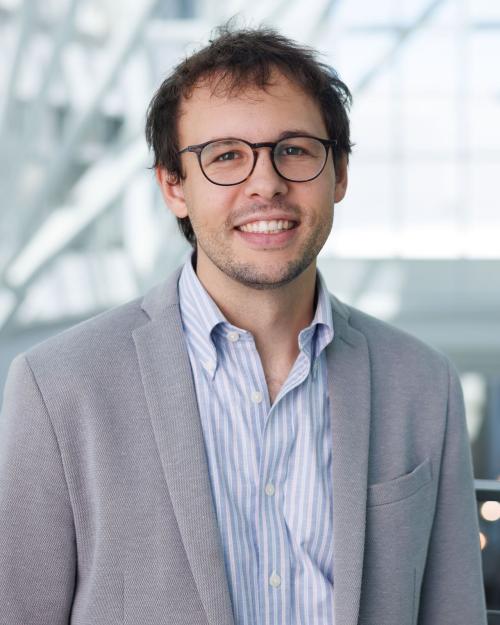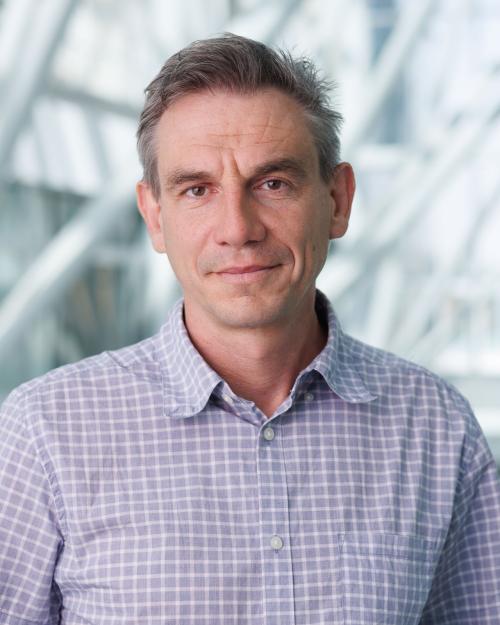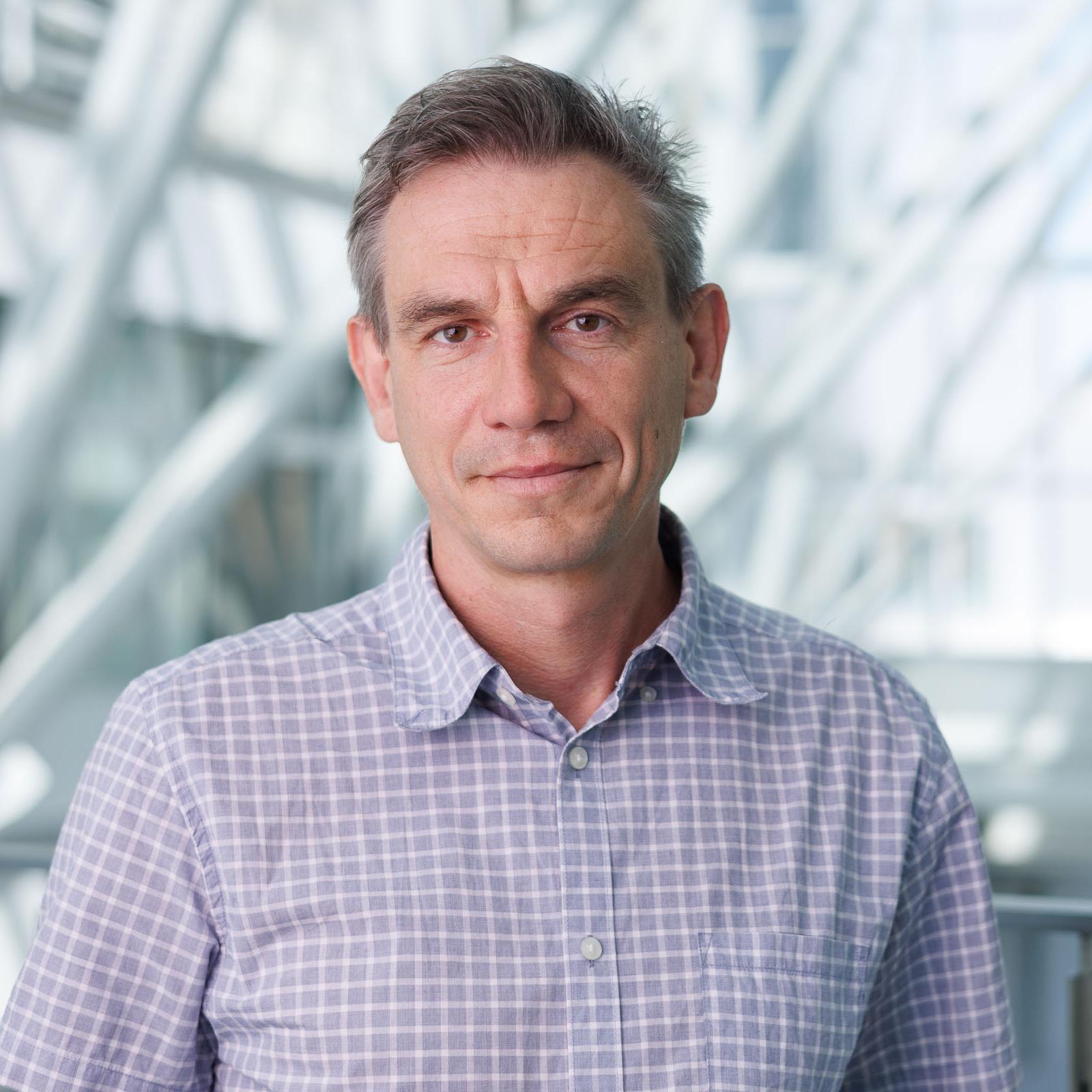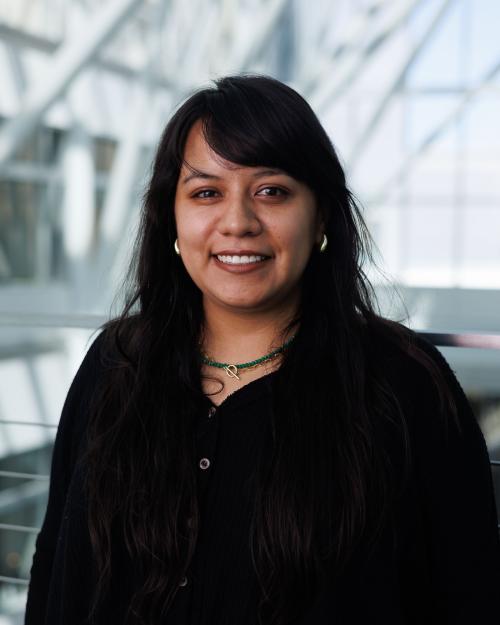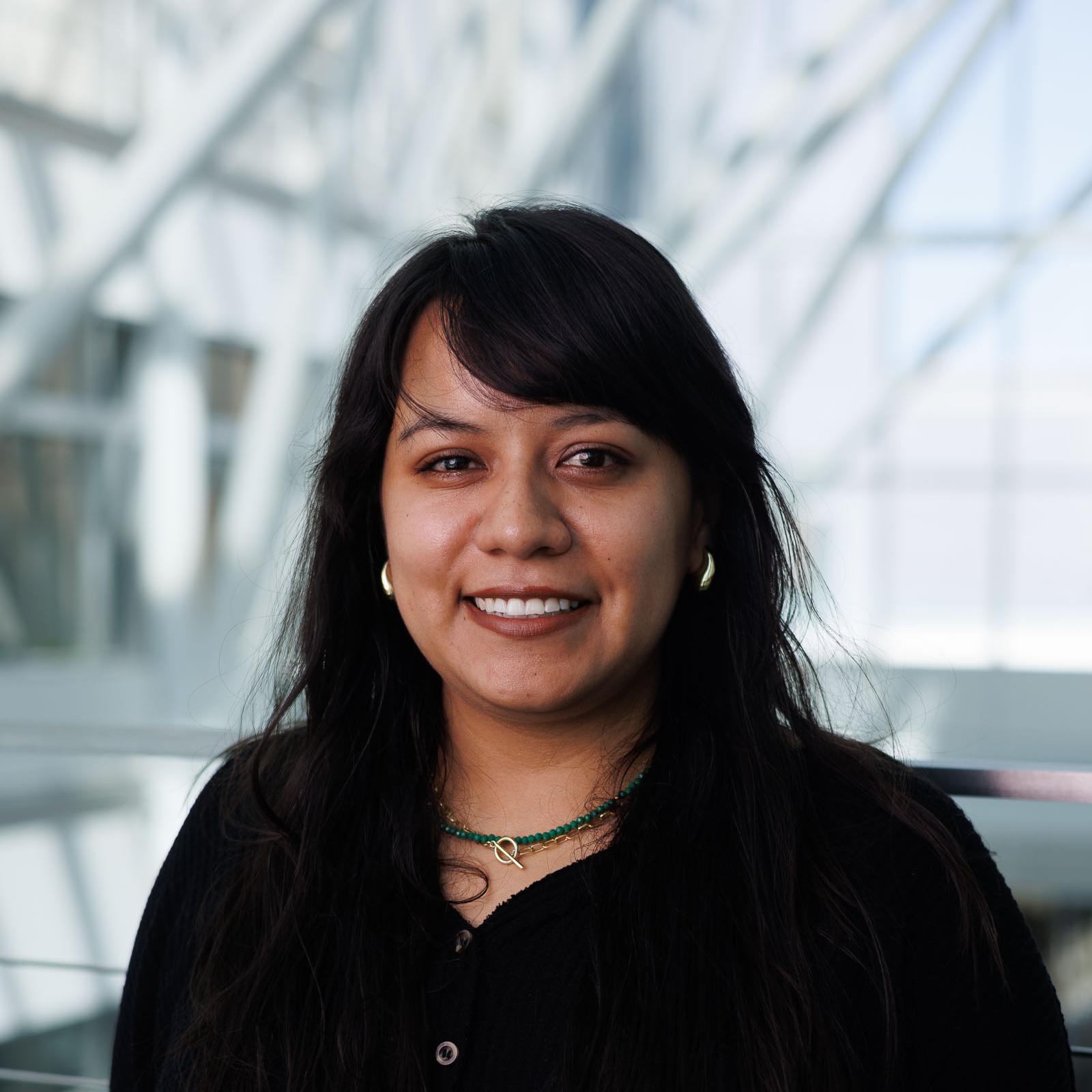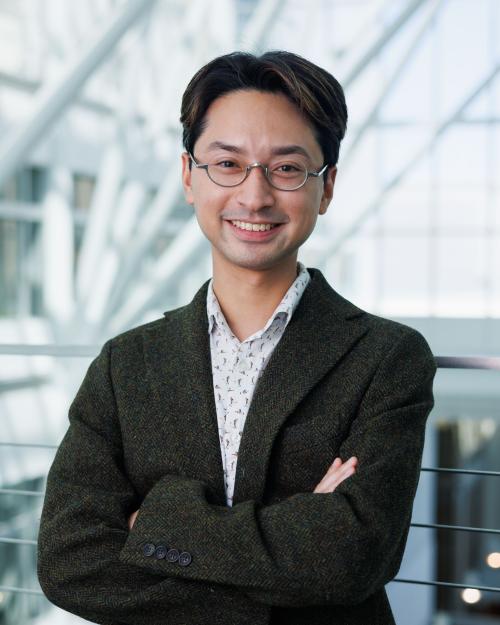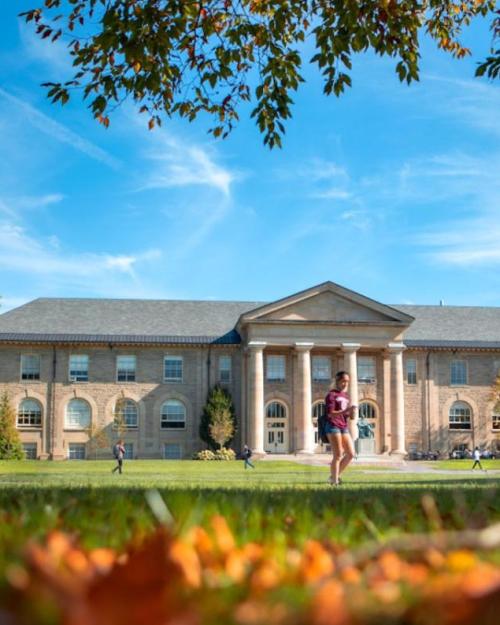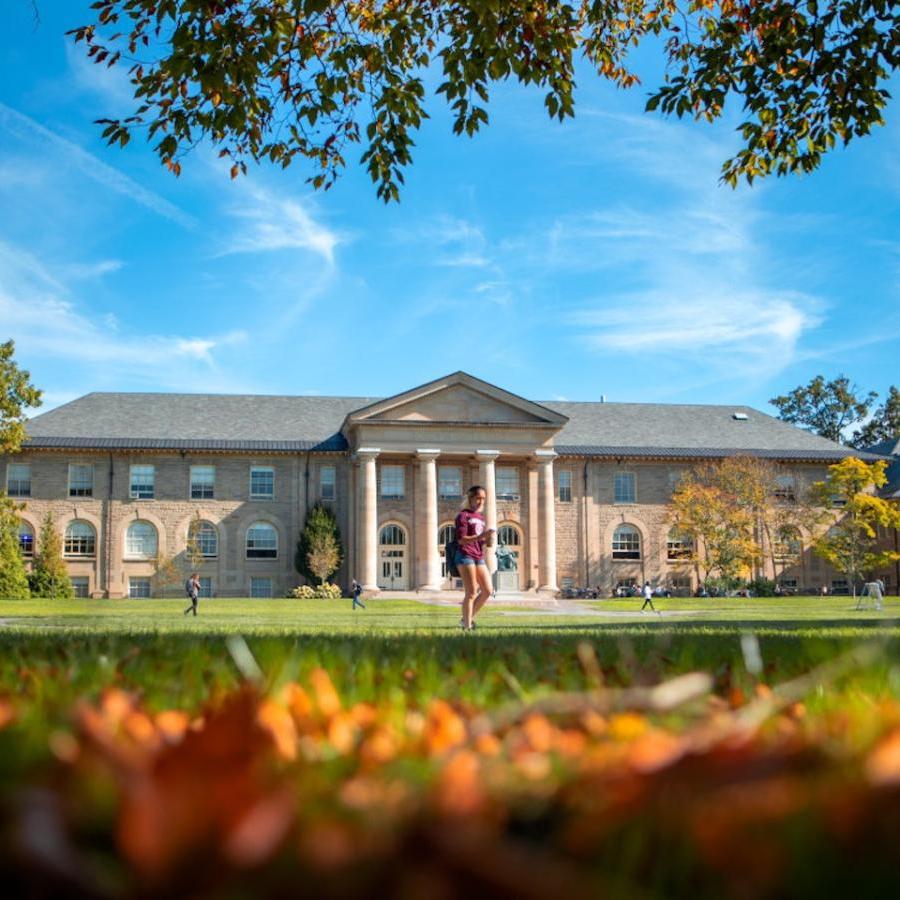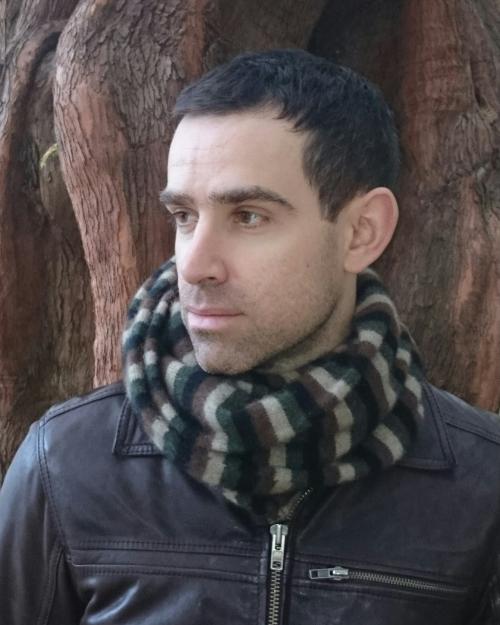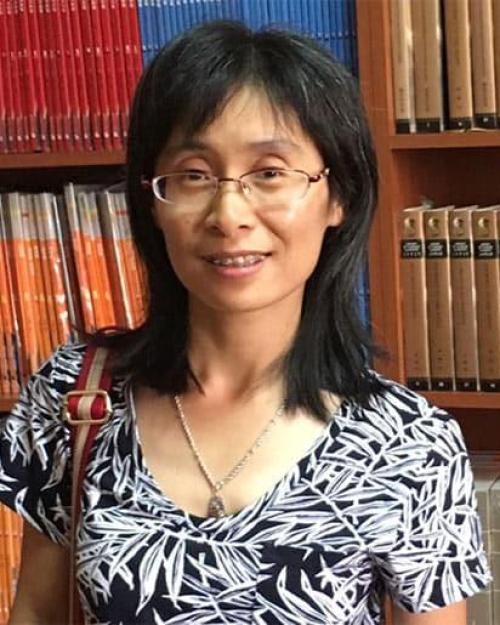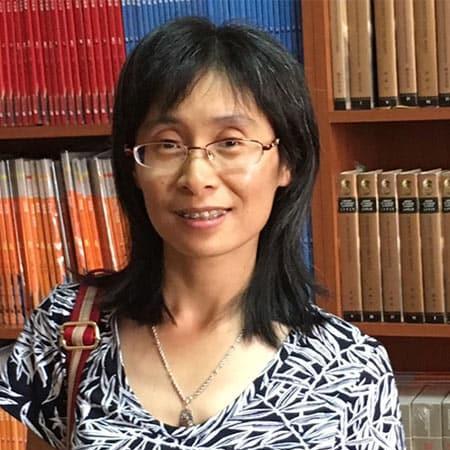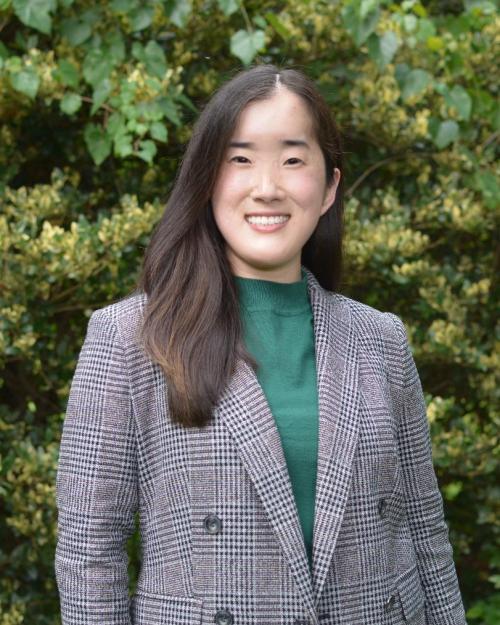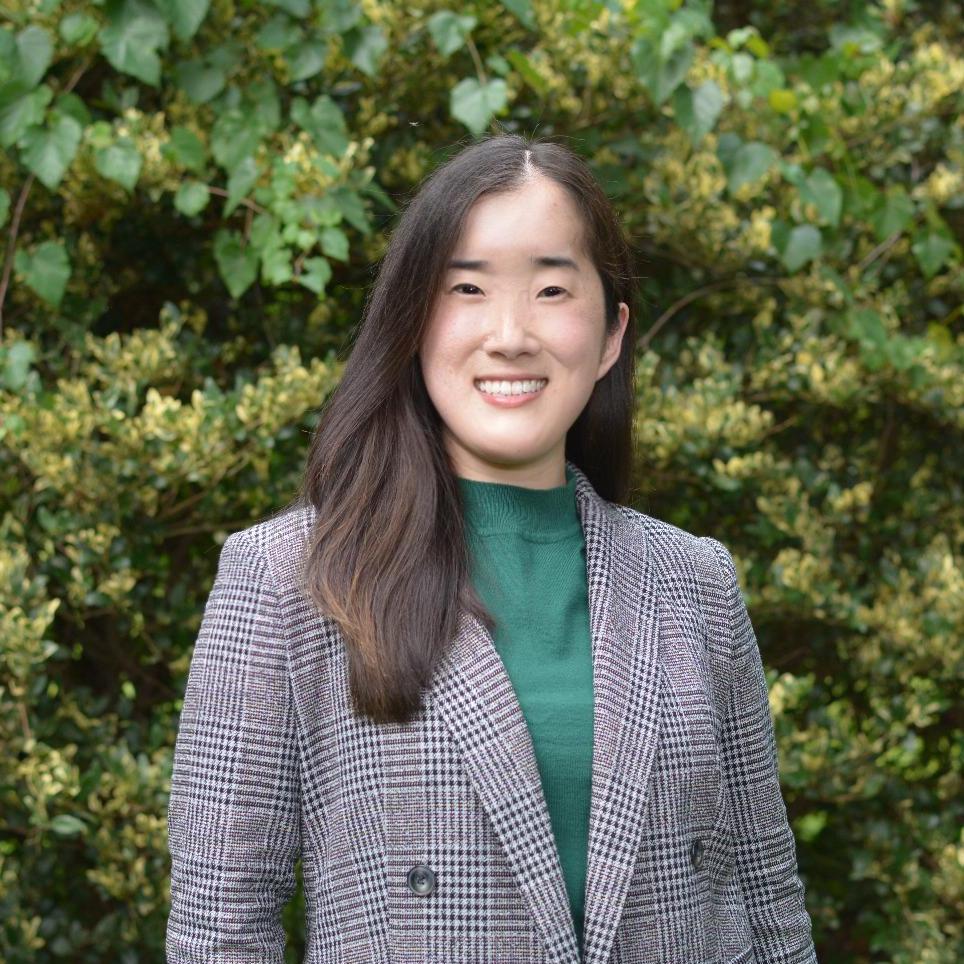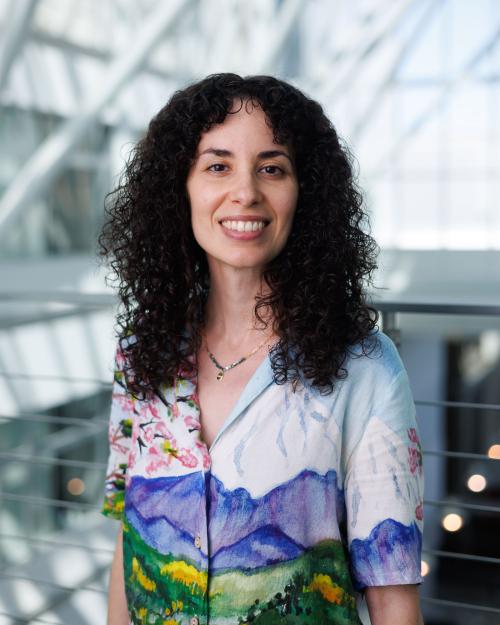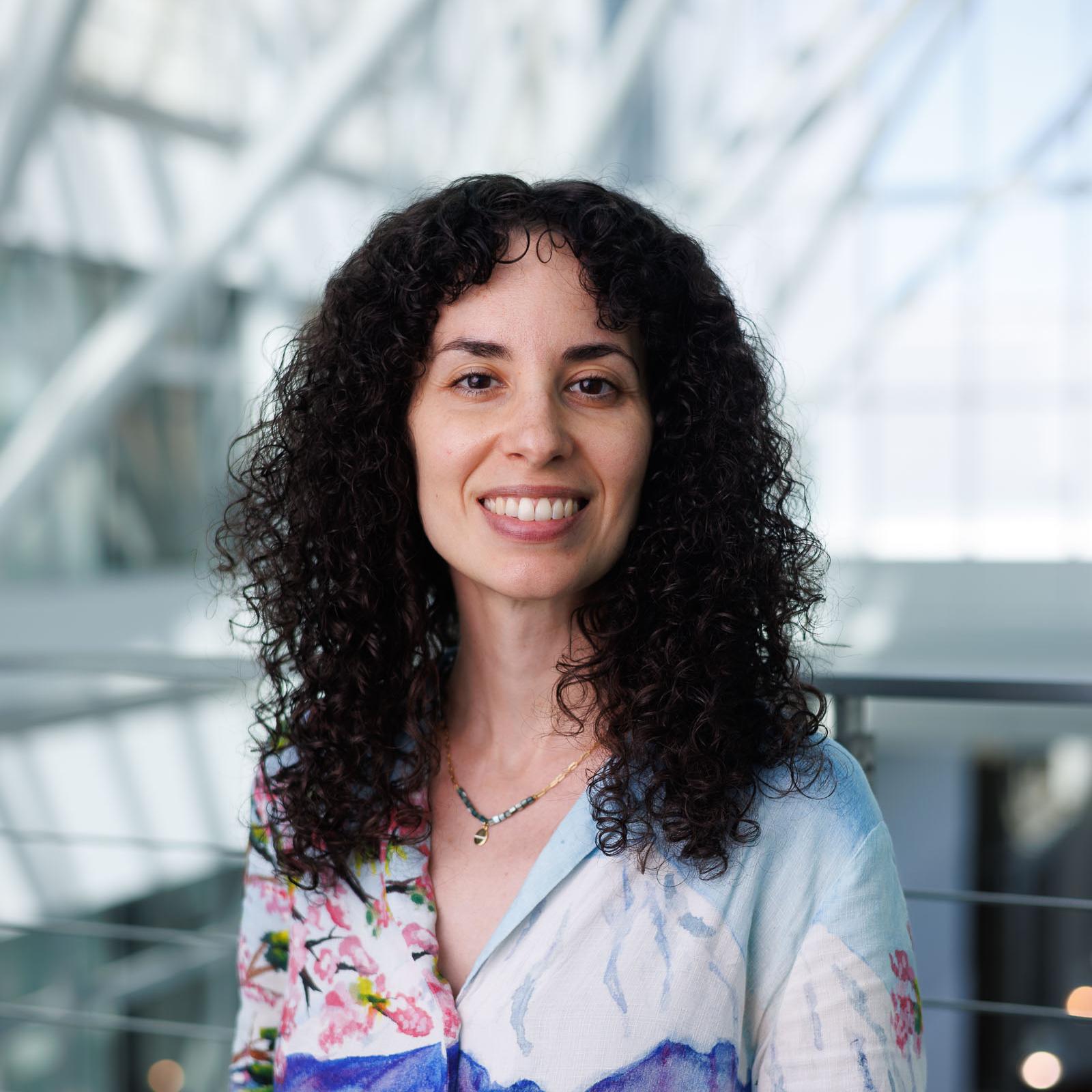This year, 27 new faculty have joined the College of Arts & Sciences, enriching 17 departments and programs with their excellence in an impressive range of topics, including moral psychology, gravitational waves, Black contemporary art and more.
The Department of Economics will be enhanced by three new faculty also addressing real-world challenges. Sulagna Dasgupta’s interests lie in microeconomic theory, in particular mechanism design and information economics. She’s currently researching how to design tests to evaluate people based on their knowledge – such as student exams and worker evaluations – when such knowledge must be verifiably demonstrated.
Economist Jacob Dorn focuses on industrial organization, health economics and econometrics. His main work leverages new data on healthcare contracts to understand the consequences of various aspects of the American healthcare system and formalizes what we can and cannot learn from this type of data.
Economist Nicholas Swanson focuses on development economics and looks forward to teaching the topic. He studies labor market frictions, savings constraints and barriers to technology diffusion.
The research of two new faculty members in the Department of Chemistry and Chemical Biology enhances the department’s innovative approaches to contemporary challenges. Marissa Lavagnino’s focus is catalysis, how to lower the energy barriers of challenging chemical transformations to discover catalysts and reactivities that empower chemists to build the molecules needed by the modern world. She’s looking forward to teaching the big undergraduate organic chemistry course, which she describes as “a key class for promoting scientific literacy in the general public.”
Chemist Jonathan “Jon" Kephart aims to develop new quantum-confined phases of Earth abundant materials for next-generation electronic applications, methods for refinement of precious metals and designer molecular catalysts for small molecule activation and energy conversion schemes. He says he’s been very impressed with the department’s facilities and exceptional faculty and staff.
Moral psychologist Jordan Wylie joins the Department of Psychology to further strengthen Cornell’s leadership in the field; she’s working on a project exploring what sparks curiosity in the moral domain and why. She’s looking forward to teaching The Psychology of Possibility and Imagination in the spring semester.
Thomas “Tal” Lewis comes to Cornell to serve as dean of the Graduate School and Vice Provost for Graduate Education. He'll also be joining the Department of German Studies and the Program in Religious Studies, with expertise in religion, ethics and politics in Western modernity, and a focus on German intellectual traditions.
Matt Pennell joins the Department of Computational Biology with a focus on evolutionary biology. He’s using data from multiple species to investigate how and why gene regulation – the process by which different genes are turned on to different degrees in different types of cells – has evolved across the Tree of Life.
Joining the Department of Romance Studies, Manuel Olmedo Gobante studies early modern Hispanic cultures with a focus on literature and martial arts as well as on Black studies. His current book project explores the material culture, ideologies and aesthetics of fencing in the early modern Hispanic world.
Previously a research professor in the Department of Astronomy and a research scientist at the Cornell Center for Astronomy and Planetary Science, Shami Chatterjee now joins the astronomy department as an associate professor. He uses rapidly rotating neutron stars as clocks to detect gravitational waves produced by merging supermassive binary black holes, as well as works on fast radio bursts, millisecond flashes of radio waves from distant galaxies.
Joining the Department of Literatures in English, Sandeep Parmar focuses on contemporary and modernist poetry and is currently working on contemporary British lyric poetry and race. She is particularly looking forward to teaching creative writing workshops and engaging in “inspirational conversations with students and colleagues.”
Two new faculty join the Department of Government this year. Amanda Weiss focuses on political methodology and her current project looks at challenges associated with deploying modern causal inference methods in real-world data. She says she was “blown away” when she first visited Cornell “by the enthusiasm of faculty and students for new ideas and ways of thinking about and conducting research in the social sciences.”
Sarah Thompson also joins the government department; with a focus on comparative politics. She’s currently exploring traditional governance and gender, primarily in Pakistan. She’s designing a new course that explores comparative politics topics within the context of South Asia, so students with familiarity in one area have the opportunity to think about the similarities and differences between politics in other areas of South Asia.
The Department of History of Art and Visual Studies welcomes Patricia Ekpo, who focuses on Black contemporary art, critical black studies and psychoanalysis. Her current book project examines the life and artwork of African American artist Beverly Buchanan (1940-2015), linking the shared conditions of ruination and abstraction of Buchanan’s life and artwork to illuminate Blackness as a form of lived abstraction.
Two new faculty members join the Department of Music. Igor Santos focuses on music composition and intermedia art. He just completed a work for percussion ensemble called “marramahata,” commissioned by the Juilliard School and premiered at Lincoln Center, and he is currently composing a new intermedia piece for seven musicians, multiple projectors and spatial audio.
Parkorn Wangpaiboonkit is a musicologist and cultural historian whose work explores music, race and imperialism in 19th Century Thailand. His research examines how Thai elites strategically engaged European music to reimagine sovereign identity and navigate colonial hierarchies during the height of European imperialism across Southeast Asia.
Milena Šereikaitė joins the Department of Linguistics; her theoretical linguistics focus is on exploring what languages share in common by looking at how words and sentences are built. Her current project looks at the set of universal principles languages share when it comes to forming complex nouns built from verbs, such as phrases like “the collection of evidence” vs. “to collect evidence.”
The Department of History has two new faculty members this year. Talia Prussin focuses on the ancient history of Western and Central Asia, the ancient economy and the comparative history of empire. She’s excited to develop a course in coming years on the history of labor in the ancient world, looking at the working lives of non-elites and the development of marginalized forms of labor.
Historian Jeremy Schneider’s research focuses on the history of science in early modern Europe (ca. 1500–1800), with an emphasis on premodern ways of knowing the earth and environment. He is currently writing a book called “The Graveyard of Shells,” a study of how people used fossilized seashells to understand the extinction of species many centuries before the discovery of the dinosaurs.
The Department of Molecular Biology and Genetics welcomes two new faculty this year. Alexei Aravin studies non-coding RNA, chromatin, genome defense and jumping genes. His lab seeks to understand how defense systems operate across different organisms from bacteria to human, including the role that transposons (genetic parasites) play in evolution, normal development and disease states such as cancer.
María Angélica Bravo Núñez researches the evolution and molecular mechanisms of chromosome segregation in fungal pathogens. Her current focus is understanding how the human fungal pathogen Candida albicans reduces its DNA content and adapts to challenging environments.
Jordan Miller joins the Department of Near Eastern Studies with expertise in ancient Egyptian religion and visual culture. He’s working on a book that explores ancient Egyptian and Mayan concepts and experiences surrounding hieroglyphs — examining what it meant to write, what counted as writing and what writing could be and do in these cultures.
Pavel Galashin joins the Department of Mathematics this year. His work focuses on algebraic combinatorics. He comes to Cornell from the Mathematics Department at the University of California, Los Angeles.
Four new lecturers have also joined the College. James Byrne, an expert in modern and contemporary poetry, will join the Department of Literatures in English. Fangfang Li, an expert in teaching Chinese as a foreign language, will join the Department of Asian Studies.
Two new lecturers with expertise in Spanish language and culture will join the Department of Romance Studies: Annie Ornelles and Laura Tain Gutierrez.
